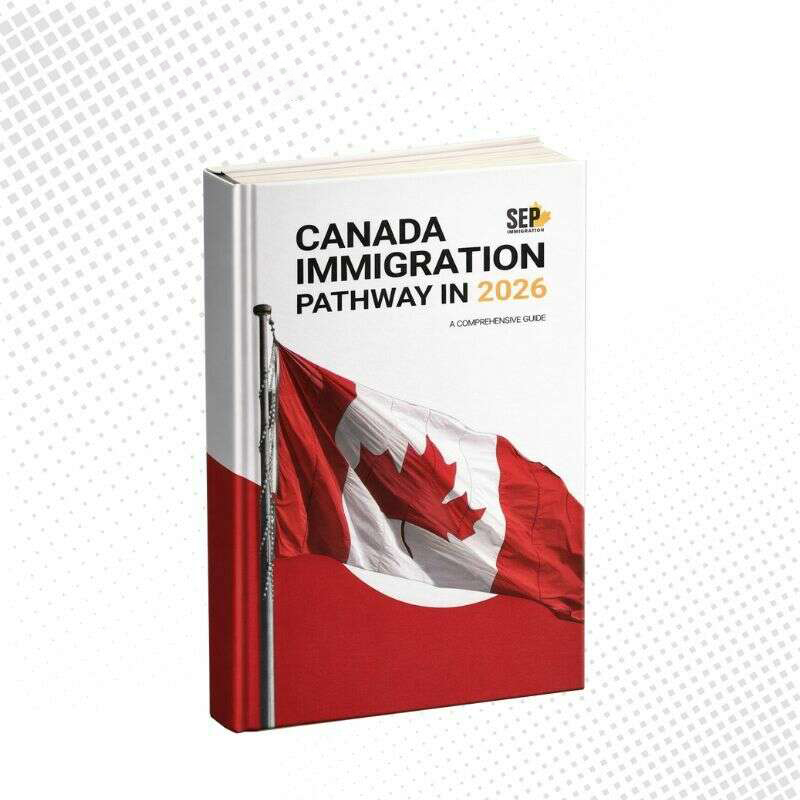
If your spousal sponsorship application was denied, don’t panic—there’s still hope. As a Canadian citizen or permanent resident, you have the right to appeal the decision through the Immigration Appeal Division (IAD). This process allows you to challenge the refusal, and it’s important to know the steps, common pitfalls, and what to expect along the way. Here’s your guide to navigating a spousal sponsorship appeal.
Table of Contents
ToggleWhy Was My Spousal Sponsorship Refused?
Spousal sponsorships can be refused for various reasons, and understanding them can help you avoid mistakes in the future. Common reasons include:
- Criminal Records: If the sponsored person has a criminal record, especially for serious crimes, it could lead to a refusal. Canada’s immigration law is strict on this to ensure safety and security.
- Security Threats: Involvement in activities considered a threat to national security, such as terrorism or espionage, can result in refusal.
- Misrepresentation: Providing false information or omitting important details is misrepresentation. Even small inaccuracies can lead to rejection.
- Insufficient Evidence of Relationship: A common reason is failing to prove that your relationship is genuine. Immigration officers need clear and compelling evidence that your marriage or partnership is real.
Understanding these reasons is crucial for a successful appeal or reapplication. The refusal letter will outline specific reasons essential for building your case.
5 Common Mistakes of Spousal Sponsorship
Even small errors can jeopardize your sponsorship application. Avoid these common mistakes:
- Incomplete or Incorrect Forms: Missing information or errors can lead to rejection. Always double-check your forms.
- Weak Proof of Relationship: Provide strong evidence like photos, chat histories, and affidavits to show your relationship is genuine.
- Missing or Inadequate Documents: Failing to submit required documents or providing unclear copies can result in refusal.
- Misunderstanding Legal Terms: Misinterpreting immigration laws or requirements can lead to mistakes. Seek legal advice if unsure.
- Failure to Meet Deadlines: Missing deadlines for submitting documents or filing an appeal can result in automatic rejection.
Avoiding these mistakes requires careful preparation and attention to detail. If you’re unsure, consulting with an immigration consultant or lawyer could save you time and stress.

Should I Appeal or Reapply?
After a refusal, you might wonder whether it’s better to appeal the decision or start a new application. Here’s when to consider each option:
- Appealing the Decision:
Pros: If there’s new evidence or if a mistake was made during the initial processing, an appeal might be the best route. It allows you to argue your case in front of the IAD and potentially reverse the decision.
Cons: The appeal process can be lengthy and complex, taking several months or more. If your case isn’t strong, it may not be worth the effort.
- Reapplying:
Pros: If your circumstances have changed significantly or you can provide stronger evidence, reapplying might be faster. A new application allows you to correct any mistakes from the previous one.
Cons: There’s a risk of facing the same issues if nothing significant has changed. Reapplying involves paying fees and starting over.
How to Make a Spousal Sponsorship Appeal (Step by Step)
If you decide to appeal, here’s a guide on how to proceed:
- File Your Notice of Appeal:
File your Notice of Appeal within 30 days of receiving the refusal letter. Submit the Notice of Appeal form and a copy of the refusal letter to the IAD.
- Prepare Your Case:
Gather all necessary documents and evidence to support your case. You’ll also receive an appeal record from the Minister, outlining the reasons for refusal.
- Prepare for Informal Resolution:
An Early Resolution Officer (ERO) may contact you to discuss your case and see if it can be resolved without a formal hearing.
- We Will Schedule Your Hearing:
If unresolved, the IAD will schedule an oral hearing. You’ll be notified of the date, time, and whether it will be in person, virtual, or by telephone.
- Prepare for Your Hearing:
Ensure all your documents are disclosed to the IAD and the Minister’s Counsel at least 20 days before the hearing. Prepare witnesses and expert testimonies as needed.
- Attend Your Hearing:
On the day of the hearing, arrive early or log in ahead of time if it’s virtual. Be ready to testify, present evidence, and respond to questions from the Minister’s Counsel.
- Receive the Decision:
The IAD member will consider all evidence and arguments before making a decision. If the appeal is allowed, the IRCC will resume processing your visa application. If dismissed, consider seeking legal advice for a judicial review by the Federal Court.
Facing challenges with your spousal sponsorship appeal?
Our dedicated experts are ready to guide you through the process and help strengthen your case. Reach out to us today to see how we can assist you.
FAQs
The timeline for a spousal sponsorship appeal varies, but it typically takes several months to over a year, depending on the case complexity and the IAD’s backlog.
If your appeal is successful, the refusal is overturned, and the IRCC will continue processing your application. You can check the status online through the IRCC portal.




